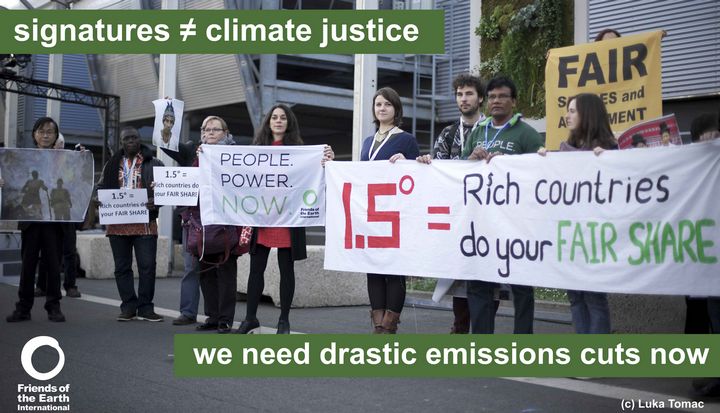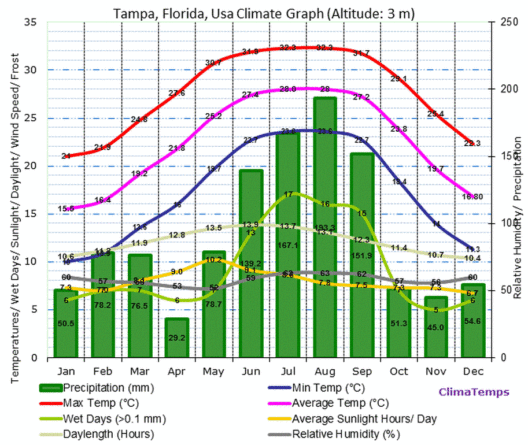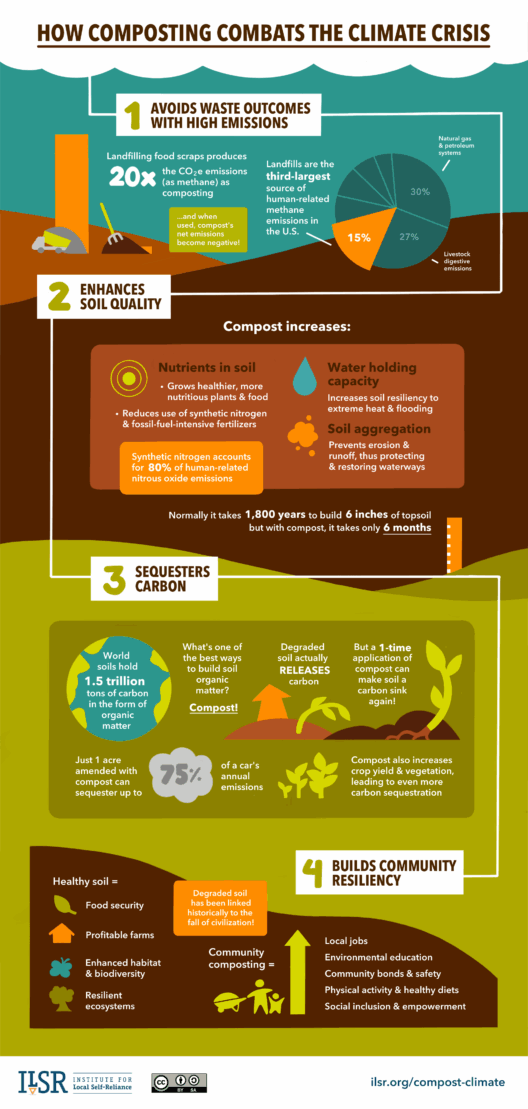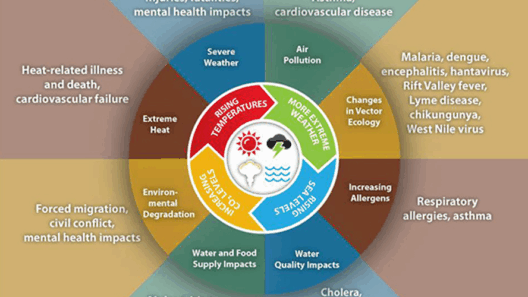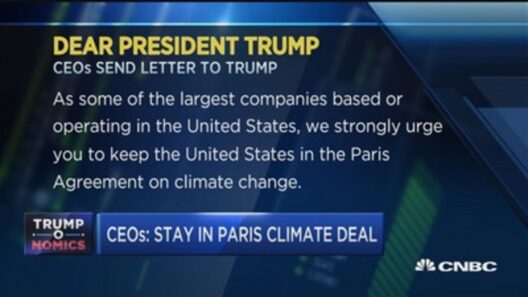The Paris Agreement, adopted in 2015, stands as a seminal moment in the global endeavor to combat climate change. This treaty entails commitments from virtually every nation to mitigate greenhouse gas emissions in an effort to keep the global temperature rise well below 2 degrees Celsius, with an aspirational target of limiting the increase to 1.5 degrees Celsius. However, the efficacy of the Paris Agreement in halting global warming has been a topic of fervent debate among scientists, policymakers, and environmental activists. This discourse typically touches upon several key areas: ambition, enforcement, equity, and adaptation. Each aspect is critically intertwined, creating a multifaceted narrative about whether the Paris Agreement can indeed yield the necessary changes to avert catastrophic climate outcomes.
To comprehend the inherent complexities of the Paris Agreement, one must first consider the **ambition** level set within the treaty. The primary mechanism by which the Agreement operates is the Nationally Determined Contributions (NDCs), individual commitments made by each country to reduce emissions. These NDCs vary dramatically in terms of scope, rigor, and specificity, leading to a patchwork of global efforts that may collectively fall short of the needed reductions. The agreement encourages nations to enhance their commitments over time, yet the initial promises made were widely recognized as insufficient. Numerous climate scientists warn that the current trajectory is likely to lead to a temperature rise of 3 degrees Celsius or more, a scenario that would produce devastating ecological and economic consequences.
Equally, the **enforcement** mechanisms of the Paris Agreement raise significant concerns. The framework does not impose legally binding obligations on countries to fulfill their emissions targets. Instead, it operates on a principle of voluntary compliance and peer pressure, which has cast doubt on its potential effectiveness. Countries are not penalized for failing to meet their NDCs, which leads to scepticism regarding accountability. While the Agreement does promote transparency through reporting requirements, critics argue that the absence of concrete enforcement mechanisms undermines the potential for real change.
Moreover, the **equity** aspect of the Agreement warrants meticulous examination. The principle of ‘common but differentiated responsibilities’ acknowledges that developed nations, having historically contributed the most to greenhouse gas emissions, bear a greater responsibility for mitigating climate change. However, the reality is that developing nations often lack the resources and technology necessary to curb emissions effectively. This disparity creates a scenario where wealthier nations can often meet their targets through technological improvements or funding carbon offset projects elsewhere, essentially outsourcing their responsibility. Tensions continue to mount between nations regarding financial support and technology transfer, hindering collaborative efforts toward a cohesive global response.
Further complicating the discourse is the **adaptation** imperative that the Paris Agreement highlights. While mitigation efforts aim to prevent climate change from escalating, adaptation strategies become crucial for coping with the changes already underway. Nations must invest in infrastructure, agriculture, and ecosystems to ensure resilience against extreme weather events, rising seas, and shifting climate patterns. However, the funds allocated for adaptation initiatives often fall short of what is required, further exacerbating vulnerabilities, particularly in low-lying and impoverished regions.
The need for **innovation** within the parameters of the Paris Agreement is paramount. As the world grapples with increasing climate threats, advancements in renewable energy, carbon capture technologies, and sustainable agricultural practices become essential. We must foster a culture of innovation that encourages investment in alternative energy sources while simultaneously reducing reliance on fossil fuels. Investment in research and development can yield breakthroughs that can transform our energy systems, creating sustainable alternatives that could align with the ambitious goals of the Paris Agreement.
Furthermore, we must address the intertwined phenomena of **climate justice** and public engagement. The voices of marginalized communities—often the most adversely affected by climate change—must be amplified in the policy-making process. As nations negotiate and ratify their contributions, it’s vital that the perspectives and needs of vulnerable populations are considered. Social equity should be woven into the fabric of climate strategies, ensuring that no group bears an disproportionate burden of climate impacts. This democratic approach to climate policy not only fosters cohesion but also enhances the legitimacy of the actions taken.
The **global solidarity** fostered by the Paris Agreement also plays a critical role in its potential effectiveness. While challenges abound, the Agreement has succeeded in uniting diverse nations around a shared objective. The mere existence of such a multinational framework instigates dialogue, cooperation, and accountability. The annual Conference of the Parties (COP) gatherings serve as vital platforms to catalyze discussions, negotiate deeper commitments, and share best practices. International solidarity, if harnessed effectively, can foster a more unified front against the climate crisis.
With the accumulation of evidence and data indicating that climate change poses an existential threat to humanity, a collective realization must dawn that the Paris Agreement is merely a starting point. It serves as a foundational framework, but its successes depend on the willingness of nations to elevate their ambitions, enforce commitments effectively, and foster equitable policies. Evolving our approach with urgency and intention can lead us towards a viable path. Yet, this is not merely a global issue; it becomes a personal commitment for each individual, community, and sector to engage in meaningful change. The stakes are indisputably high, and the time for action is now.



